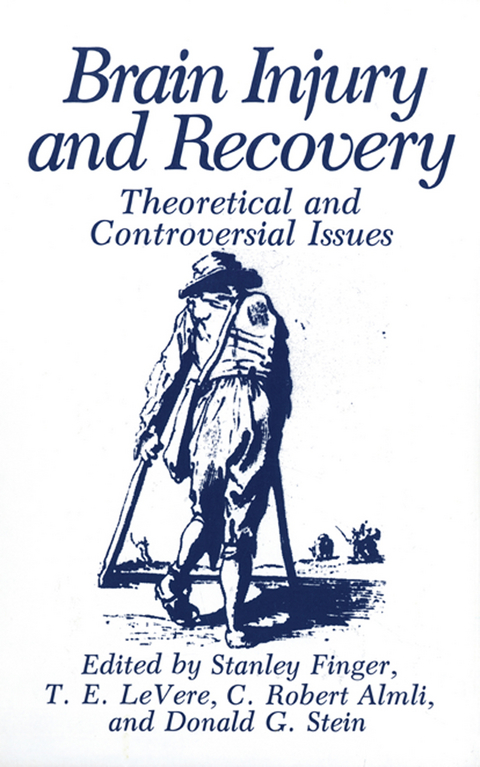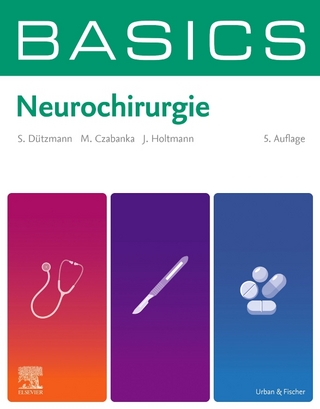
Brain Injury and Recovery
Springer-Verlag New York Inc.
978-1-4612-8256-3 (ISBN)
1 Toward a Definition of Recovery of Function.- 2 Neural System Imbalances and the Consequence of Large Brain Injuries.- 3 Bases of Inductions of Recoveries and Protections from Amnesias.- 4 Neural Spare Capacity and the Concept of Diaschisis: Functional and Evolutionary Models.- 5 Kurt Goldstein and Recovery of Function.- 6 Assumptions about the Brain and Its Recovery from Damage.- 7 Mass Action and Equipotentiality Reconsidered.- 8 Margaret Kennard and Her “Principle” in Historical Perspective.- 9 Infant Brain Injury: The Benefit of Relocation and the Cost of Crowding.- 10 Arguments against Redundant Brain Structures.- 11 Another Look at Vicariation.- 12 Hughlings Jackson’s Theory of Localization and Compensation.- 13 The Parcellation Theory and Alterations in Brain Circuitry after Injury.- 14 Trophic Hypothesis of Neuronal Cell Death and Survival.- 15 Sensory Cortical Reorganization following Peripheral Nerve Injury.- 16 Is Dendritic Proliferation of Surviving Neurons a Compensatory Response to Loss of Neighbors in the Aging Brain?.- 17 Practical and Theoretical lssues in the Use of Fetal Brain Tissue Transplants to Promote Recovery from Brain Injury.- 18 Functional Electrical Stimulation and Its Application for the Rehabilitation of Neurologically Injured Individuals.- 19 Recovery of Language Disorders: Homologous Contralateral or Connected Ipsilateral Compensation?.- 20 Sensory Substitution and Recovery from “Brain Damage”.- 21 Emotion and Motivation in Recovery and Adaptation after Brain Damage.- 22 Recovery of Function: Sources of Controversy.
| Zusatzinfo | 362 p. |
|---|---|
| Verlagsort | New York, NY |
| Sprache | englisch |
| Maße | 152 x 229 mm |
| Themenwelt | Sachbuch/Ratgeber ► Natur / Technik ► Garten |
| Medizinische Fachgebiete ► Chirurgie ► Neurochirurgie | |
| Medizin / Pharmazie ► Medizinische Fachgebiete ► Neurologie | |
| Naturwissenschaften ► Biologie ► Humanbiologie | |
| Naturwissenschaften ► Biologie ► Zoologie | |
| ISBN-10 | 1-4612-8256-X / 146128256X |
| ISBN-13 | 978-1-4612-8256-3 / 9781461282563 |
| Zustand | Neuware |
| Haben Sie eine Frage zum Produkt? |
aus dem Bereich


